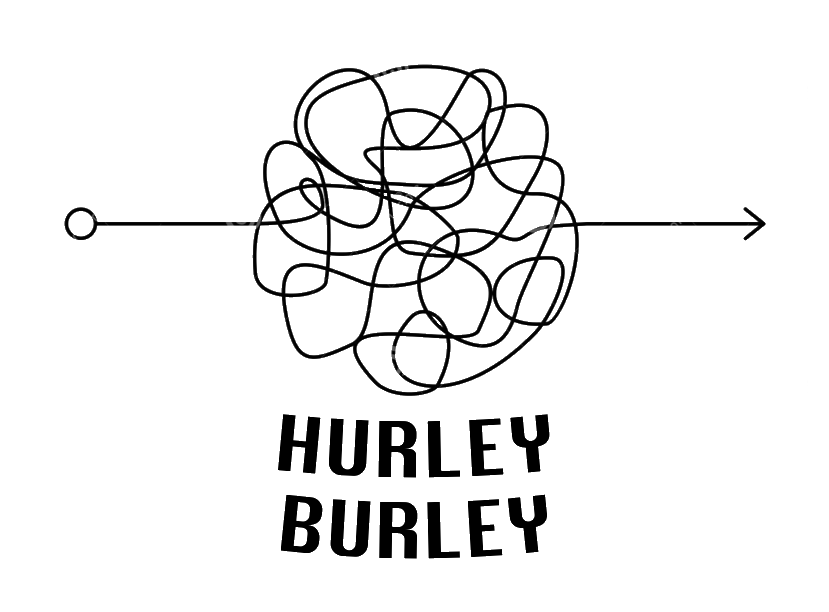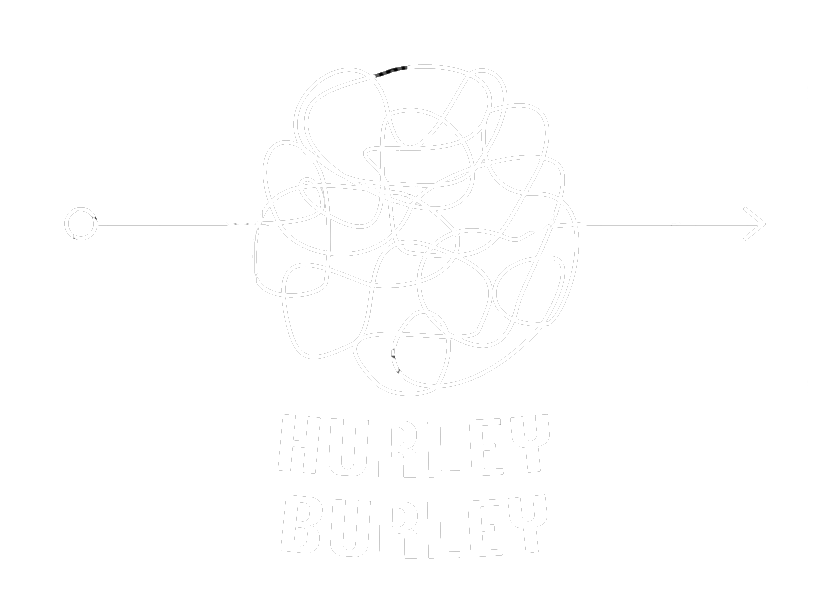Black and white or grey all over?
November 10th, 2021

Hands up who’s heard these pronouncements (or similar) in recent times:
“In the new normal, everyone’s going to want to spend less time at work, more time at home”.
“Clients are looking for more agile solutions now”.
“People can’t be bothered to read long copy these days”.
“Agencies don’t spend enough time looking after their staff’s wellbeing”.
It might be easy to nod along to these standard industry tropes because they represent the received wisdom of our times, surely. But if you apply just a slither of the same critical faculties we deploy on client briefs to these bald assertions and it’s not so straightforward. If we consider what we are being told in the context of our own experiences, does it feel right? More often than not, my reaction is either “I don’t recognise that” or “Maybe in some cases, but certainly not all”.
So it’s a market of one is it? We’re just one enormous herd who all think and behave in the same way? And there’s just one type of client and they all want the same thing, yes? People don’t like reading you say? And no agencies are getting it right on the pastoral care front? Well of course that’s ridiculous and there are shades of grey wherever you look.
Problem is, the more you look, inspect, analyse, the greyer things tend to get. Because nuances reveal themselves at every turn. This is inherently annoying, as many of us have an inbuilt need for clarity. For clean and simple answers in our work, for an authority view, as life’s complicated enough already, isn’t it? Especially at a time when the conventional pillars of authority in life are found to be so wanting. But although unequivocal simplicity is the need, work like life just ain’t like that and complexity wins every time. So if we are all – correction, some of us – are embracing diversity and its implications for our working lives right now in relation to our various communities and communication content, then it should go without saying that we respect the same diversity in our views of our markets, our consumers, our clients and our way of working. And we don’t generalise ourselves into meaninglessness, disrespect attitudinal and behavioural differences, subtleties and sensitivities as we rush headlong for the soapbox opportunity.
I might have said that this desire for the concrete, the unequivocal is quite a traditional alpha male characteristic, to assert with a cold eye and strong voice, to worship at the altar of absolutism, but I’d be arguing against myself then. So I’ll just leave it as a ‘type behaviour’ without attaching age, gender or ethnicity to it. Safer that way. And hey, more accurate.
So next time you find yourself violently agreeing with or desperately worrying about the latest commentator telling us all how terrible we are at celebrating success these days, channel your inner Nancy Reagan and ‘Just say no’. Pinch yourself and remember that while that may be true for some people, or even a crowd, ‘gang thinking’ isn’t smart thinking. And a few examples do not necessarily a trend make.
Got to go now…I’m late for my next webinar where I suspect I’m going to be told about the future of digital communications and how we’re all going to be using AI to do our weekly shop in 10 years’ time.

